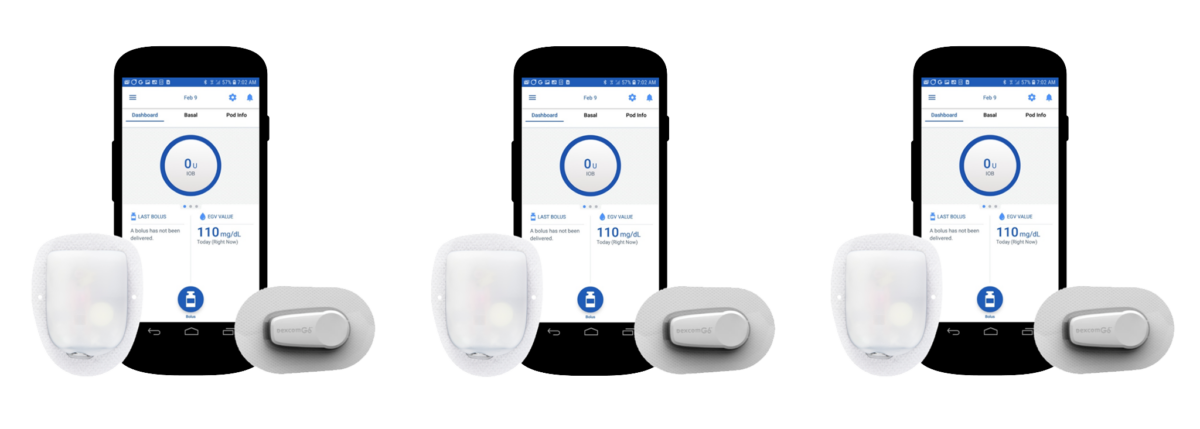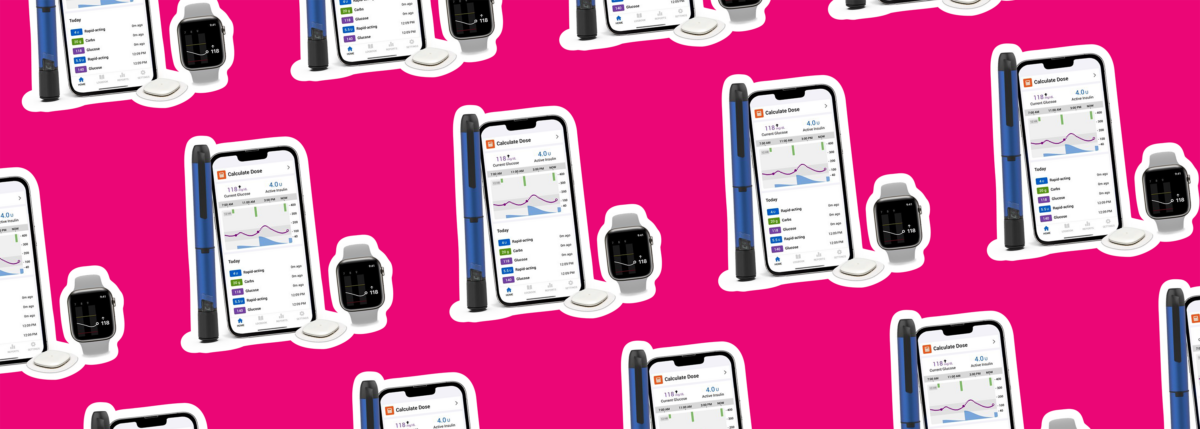The FAA continues to ground commercial pilots with insulin-dependent diabetes
Written by: Lala Jackson
3 minute read
March 2, 2020
On November 7, 2019, the Federal Aviation Administration (FAA) lifted their previous ban on certifying insulin-dependent people with diabetes as commercial pilots. The statement followed a 2015 announcement that the FAA would begin considering certification for insulin-dependent people with diabetes.
Private pilot Chris Hanrahan initially applied for his commercial pilot medical clearance in 2015, when the FAA originally announced they would be considering clearance for insulin-dependent people with diabetes. According to Chris, he has since learned that his original application was used to “acquire data to develop protocols. They were never intending to use our data to admit us, but to develop their guidelines.”
Chris filed his second commercial pilot medical clearance application on December 3rd, 2019 and has been told by the FAA multiple times that he would hear back within three weeks. Now, at the start of March 2020, the FAA has told Chris he will hear back by the end of the month. For Chris and other pilots waiting to hear back, lack of clear expectations and an honored review timeline from the FAA creates confusion and frustration.
The FAA has extensive guidelines around medical certifications for a variety of disease states that have the potential to impact the safety of flights. With insulin-dependent diabetes, the FAA has expressed concern about the “risk of subtle or sudden incapacitation due to hypoglycemia.” Because of this, they have created an extensive set of steps for pilots with diabetes to receive medical clearance.
For those seeking medical clearance to fly commercially a continuous glucose monitor (CGM) is required, as well as a significant amount of documentation including:
- a minimum of six months (or 12 months, depending on which guideline document is being referenced) of CGM data that shows percentages of time in range
- additional blood glucose check by fingerstick data
- a detailed Excel spreadsheet that notes blood glucose levels during past flights and any actions taken to correct blood glucose levels
- reports on episodes of blood sugar <3.9 mmol/L70 mg/dL or higher than 13.9 mmol/L250 mg/dL for the past year
- HbA1c data from the past year
- eye and cardiac evaluations
- a detailed diabetes and medical history
- and comprehensive lab work including thyroid and B12 levels
Additional reports for recertification are required every three months. Despite the extensive application data required, the FAA reports they’ve received ten applications from insulin-dependent pilots since their statement in November. However, none have yet been approved. The FAA says they’re working on reviewing applications within 90 days on a case by case basis.
“They keep changing the time frame,” Chris told the Beyond Type 1 team. “There’s no explanation or logic as to why they’re doing this. They’ve told me they’ve had my stuff looked at by their endocrinology team and they told me everything is fine, they’re just waiting on signatures.”
For Chris and pilots like him who have followed every guideline to apply, a clear decision from the FAA is what they deserve.
Editor’s note: The Beyond Type 1 team reached out to the FAA multiple times before the publication of this article with no response. This article will be updated with any further communication or decisions from the FAA.

Author
Lala Jackson
Lala is a communications strategist who has lived with type 1 diabetes since 1997. She worked across med-tech, business incubation, library tech and wellness before landing in the type 1 diabetes (T1D) non-profit space in 2016. A bit of a nomad, she grew up primarily bouncing between Hawaii and Washington state and graduated from the University of Miami. You can usually find her reading, preferably on a beach.
Related Resources

Already compatible with Dexcom’s G6 and G7 continuous glucose monitors (CGMs), the Omnipod 5 Automated...
Read more

The younger a person is diagnosed with type 2 diabetes, especially those with obesity, the...
Read more

The Oura Ring, which tracks things like sleep, heart rate, and activity, is joining forces...
Read more

